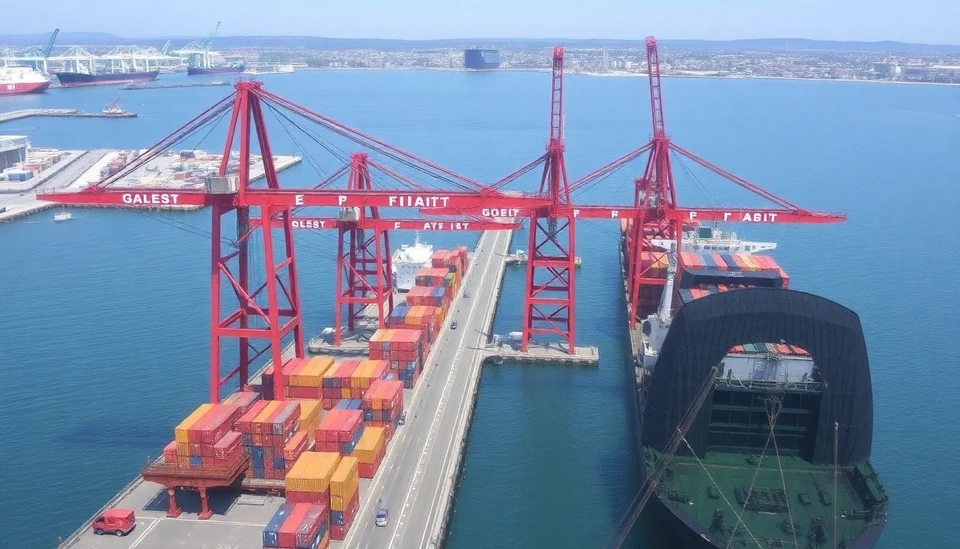
In a recent statement, an official from Italy's Finance Ministry has confirmed that the country's economy has experienced a noticeable slowdown throughout 2024. This revelation comes amidst ongoing concerns about broader economic stability in the Eurozone, leading analysts to question the future trajectory of Italy’s economic recovery.
The report highlights that Italy's GDP growth has stalled earlier than expected, with numerous factors contributing to this downturn, including rising energy costs, supply chain disruptions, and consistent inflationary pressures. This economic deceleration has compelled the government to revisit its fiscal policies and consider new strategies to stimulate growth.
Particularly influenced by weaker-than-anticipated performance in industrial production and exports, the Finance Ministry's analysis indicates that both domestic and international challenges are weighing heavily on Italy's economic landscape. Italy’s dependence on various sectors, such as manufacturing and agriculture, has made it particularly vulnerable to fluctuations in global economic conditions.
Moreover, the Italian government is grappling with substantial public debt, which adds complexity to its financial management. Officials have stressed the importance of maintaining fiscal prudence while simultaneously addressing urgent economic needs to ensure sustainable growth moving forward.
Amid these economic uncertainties, policymakers have begun exploring potential measures to reinvigorate the economy, including investment in green technologies and digitalization. The hope is that such initiatives could help Italy not only recover from the current slowdown but also compete more effectively in the rapidly shifting global market.
As Italy navigates these economic challenges, the government’s responses and proposed strategies will be closely monitored by both domestic stakeholders and international observers. The outcome of these discussions could be pivotal not only for Italy’s future but also for the wider Eurozone economy as the region seeks stability in an unpredictable global environment.
There’s a growing consensus among experts that addressing structural issues within the economy will be crucial for long-term resilience. Key areas under scrutiny include labor market flexibility, bureaucratic inefficiencies, and fostering innovation and competitiveness in a digital age.
In conclusion, as 2024 progresses, the Italian economy remains at a critical juncture. With the Finance Ministry candidly acknowledging the slowdown, it lays the groundwork for more transparent discussions about Italy's economic future in the months to come.
#Italy #Economy #FinanceMinistry #GDP #EconomicSlowdown #PublicDebt #GlobalEconomy #SustainableGrowth #Eurozone #Investment
Author: Rachel Greene




